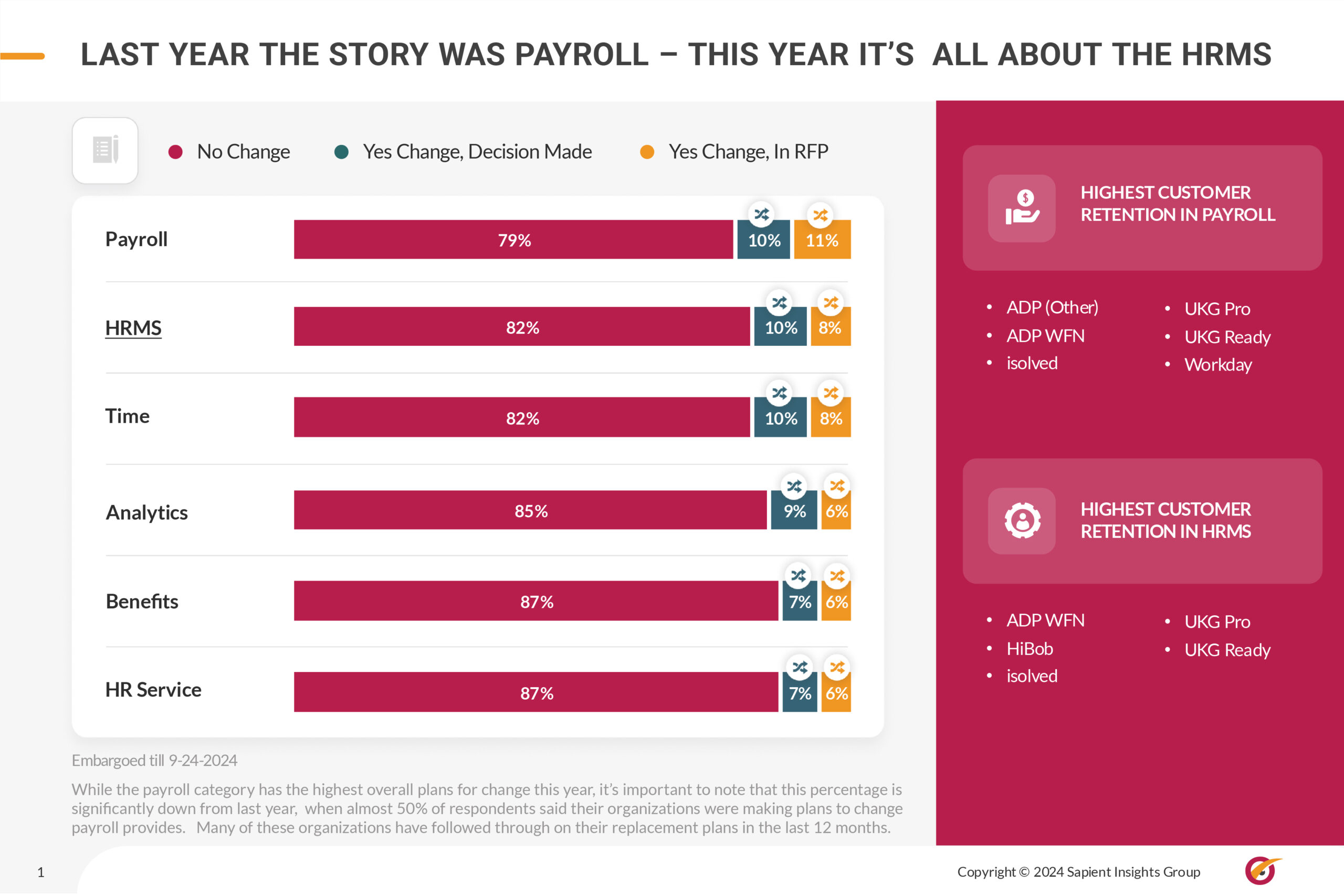How performance management can propel organisations forward
- Josephine Tan

Performance management, when conducted with fairness and transparency, offers advantages for organisations. According to research by Deloitte, organisations that prioritise employee satisfaction in performance management are more likely to surpass their financial targets and effectively manage change, enabling them to adapt and excel during periods of turbulence.
In the broader scope of employee experience, performance management plays a vital role. Devshree Bhatt, Senior People Scientist for Culture Amp, described performance management as a “key moment that matters”, emphasising how employees’ experience during performance discussions can impact their engagement and motivation.
Bhatt told HRM Magazine Asia, “Everyone is likely to remember when they’ve had a great performance discussion where they felt valued and heard from their people leader and were clear on what the outcome was focused towards. On the flip side, performance conversations that were unclear, impersonal or came as an unpleasant surprise can cause frustration and lead to decreased motivation amongst employees.”
She further shared that research conducted by Culture Amp identified performance management as a crucial factor for engaging high-performing individuals, provided it focuses on constructive feedback, applies standards consistently, and minimises bias.
Understanding the pitfalls
Understanding the pitfalls of performance management is essential to achieve optimal results. According to Bhatt, placing excessive emphasis on infrequent performance reviews causes anxiety for employees, pressure for HR teams, and dread for managers.
“Behavioural research has long shown the power of everyday nudges and interactions in driving change,” she explained. “At Culture Amp, we sought to validate this impact with our own platform and found employees who were interacting with more continuous performance tools such as 1:1s, goal setting and anytime feedback led to reduced turnover and higher performance ratings.”
Another challenge lies in the disproportionate focus on the past instead of the future. While evaluating past performance is necessary for promotions and compensation decisions, a future-focused approach that provides feedback on improvement and skill development is crucial for growth and motivation. Striking a balance between reflecting on past performance and identifying areas for future growth is essential for reaping the full benefits of the process, Bhatt said.

“It’s important to remember that people can be disappointed with the outcome, but still satisfied if the process feels fair and one that takes a human-centric lens to it.” – Devshree Bhatt, Senior People Scientist, Culture Amp
The lack of clarity and perceived fairness in the performance management process can also contribute to its failure. “We often assume that people’s perceptions of a performance system are primarily based on the outcomes, so whether or not they got the raise or promotion they were hoping for,” she said, adding that having clear rating scales, multiple sources of feedback, and calibration sessions are ways in which organisations can minimise the risk of bias in the process. “It’s important to remember that people can be disappointed with the outcome, but still satisfied if the process feels fair and one that takes a humancentric lens to it.”
READ MORE: Why layoffs can be the catalyst to retain an organisation’s best talent
To enhance the employee experience and drive business outcomes, Bhatt suggested embracing a feedback-oriented culture that extends beyond the performance cycle. Building a culture where feedback is encouraged at all levels creates an environment where employees feel comfortable providing recognition and constructive feedback. To this end, Culture Amp developed an anytime feedback tool that facilitates continuous feedback collection, enabling employees to gather insights throughout the year and leading to more accurate reviews and informed decisions.
Consistent and meaningful recognition is another essential element, and Bhatt said that employees should not have to wait for performance reviews to be recognised. Recognition tools that reinforce desired behaviour can keep employees motivated and engaged. One such tool, Shoutouts, developed by Culture Amp, fosters a culture of appreciation and amplifies the impact of employees’ work on individuals and teams.
Finally, regular one-to-one conversations play a crucial role in creating a no-surprises approach to performance. Managers and employees can alleviate anxiety by prioritising performance, goal setting, and ongoing feedback in these conversations.
“Our research shows that setting goals is associated strongly with lower turnover and increased performance ratings. However, just setting and forgetting is not beneficial; rather, discussing and adjusting goals, based on the unique context of your team, is essential to set employees up for success,” Bhatt concluded.






